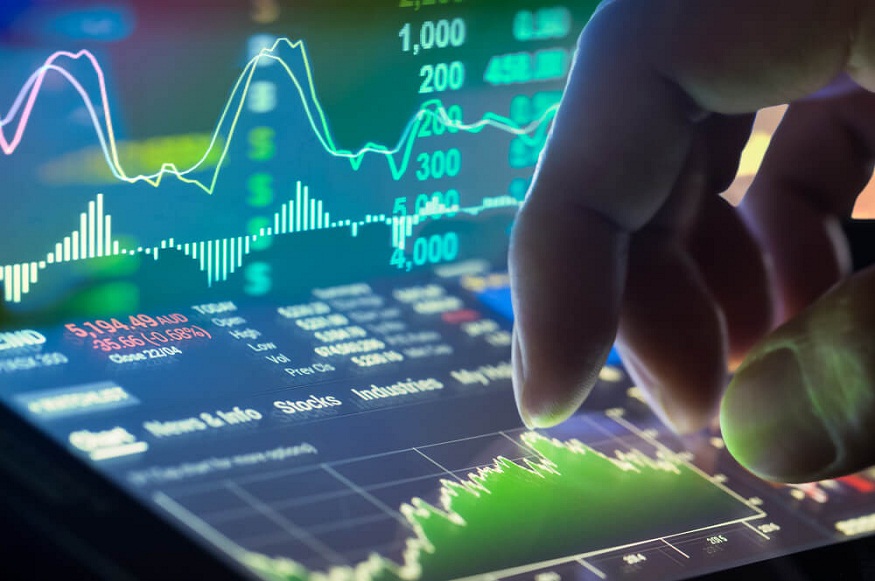
Speed has become a defining feature of modern trading. With advanced platforms and algorithmic tools, traders can execute transactions in mere milliseconds. While fast trades can offer opportunities for quick profits, they also come with hidden costs that many overlook.
The Allure of Fast Trades
Fast trades allow traders to capitalize on small price movements in highly liquid markets. They are particularly appealing to day traders and scalpers who rely on frequent transactions to generate profits. In CFD trading, where leverage magnifies both gains and losses, the ability to act quickly can make a significant difference.
For example, a trader might enter and exit a position within minutes to take advantage of a short-lived price spike. However, this speed comes with challenges that can erode profitability over time.
Transaction Costs: The Unseen Drain
One of the most overlooked aspects of fast trading is transaction costs. Every trade involves fees, such as spreads, commissions, or swap rates, depending on the asset and platform. While these costs might seem small on individual trades, they quickly add up with high-frequency trading.
In online CFD trading, where traders often execute multiple trades per day, the cumulative effect of transaction costs can significantly impact profits. For instance, a trader executing 50 trades in a week might see a considerable portion of their gains consumed by spreads, especially in volatile markets.
Slippage and Execution Delays
Another hidden cost of fast trades is slippage, which occurs when a trade is executed at a different price than expected. Slippage is common in fast-moving markets, where prices can change rapidly between placing and executing an order.
For example, a trader might intend to buy an asset at $50 but ends up paying $50.10 due to a sudden price shift. While the difference may seem minor, repeated instances of slippage can substantially affect profitability, particularly in CFD trading, where precise timing is crucial.
Emotional Costs: Stress and Burnout
Fast trading is not just financially demanding—it also takes a psychological toll. The need to make split-second decisions can lead to heightened stress and fatigue, impairing judgment and increasing the likelihood of mistakes.
For traders in online CFD trading, the pressure to monitor markets constantly and react quickly can result in burnout. Over time, this can lead to impulsive decisions, such as overtrading or abandoning strategies, which further erode profits.
Overtrading: A Costly Trap
Fast trades often encourage overtrading, where traders open more positions than their strategy or capital allows. Overtrading not only increases transaction costs but also exposes traders to unnecessary risks.
In CFD trading, where leverage amplifies exposure, overtrading can quickly deplete an account if the market moves unfavorably. For example, a trader placing multiple trades in rapid succession might overlook proper risk management, leading to significant losses.
Managing the Costs of Fast Trades
To minimize the hidden costs of fast trades, traders must adopt disciplined strategies. One effective approach is to limit the frequency of trades, focusing on quality over quantity. By identifying high-probability setups and avoiding impulsive actions, traders can reduce unnecessary expenses.
Risk management is also crucial. Setting strict stop-loss levels and position sizes helps protect against losses caused by slippage or execution delays. In CFD trading, where markets can move quickly, having a clear plan ensures that trades remain controlled and aligned with objectives.
Additionally, understanding the platform’s fee structure is essential. Comparing spreads, commissions, and other costs across brokers can help traders choose a platform that aligns with their trading style and minimizes expenses.
Balancing Speed and Strategy
While speed offers advantages, it should never come at the expense of strategy. Traders must balance the benefits of fast trades with the costs they incur, both financial and emotional. This balance requires patience, discipline, and a commitment to long-term goals.
In online CFD trading, where precision and timing are key, traders who approach fast trades with a clear understanding of their costs are better positioned for success. By focusing on efficiency and managing risks, they can turn speed into a tool rather than a liability.
